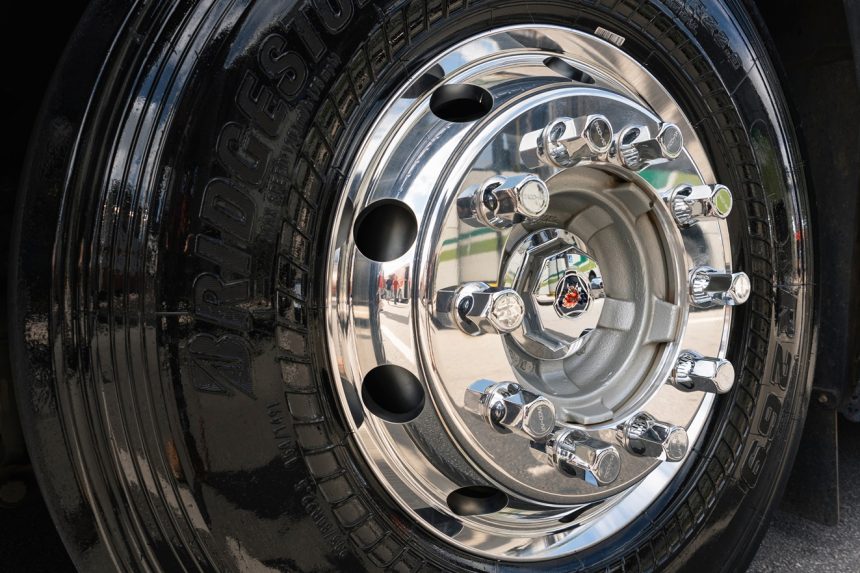Most within coach and bus will likely see the industry’s public perception as being one that is anchored by well-presented vehicles and drivers delivering important services in a challenging landscape.
They would be right, but outsiders might view things differently. In Southampton, a bus gate is causing controversy, and priority measure development elsewhere has required very delicate handling.
Meanwhile, The Big Coach Conversation set opportunities for coach against what one speaker believes may not always be the finest public image of the mode. A widespread good impression is necessary for prosperity, they add.
Shaking negativity is difficult. Trains are often held as being universally expensive and unreliable. Trucks are seen as polluting and causing of traffic jams. Taxis are viewed as being poorly driven.
All are long-prominent generalisations that are far from indicative of those sectors in their entirety. The same is true for any negative view of coach and bus. Would naysayers hold the same opinion if they saw behind the scenes in a depot, vehicle factory or traffic office?
Community engagement is clearly valuable in resetting any such dial. That is why work such as National Coach Week is vital. In 2025 it majors on what coach does for its communities, with a busy period chosen deliberately for leverage.
Bus is perhaps more difficult. Buses will always briefly delay other traffic; stopping and starting is how the mode works. But does the bus sector shout as loudly as it could about how removal of car journeys has an overall benefit for every road user? It is food for thought, indeed.



























